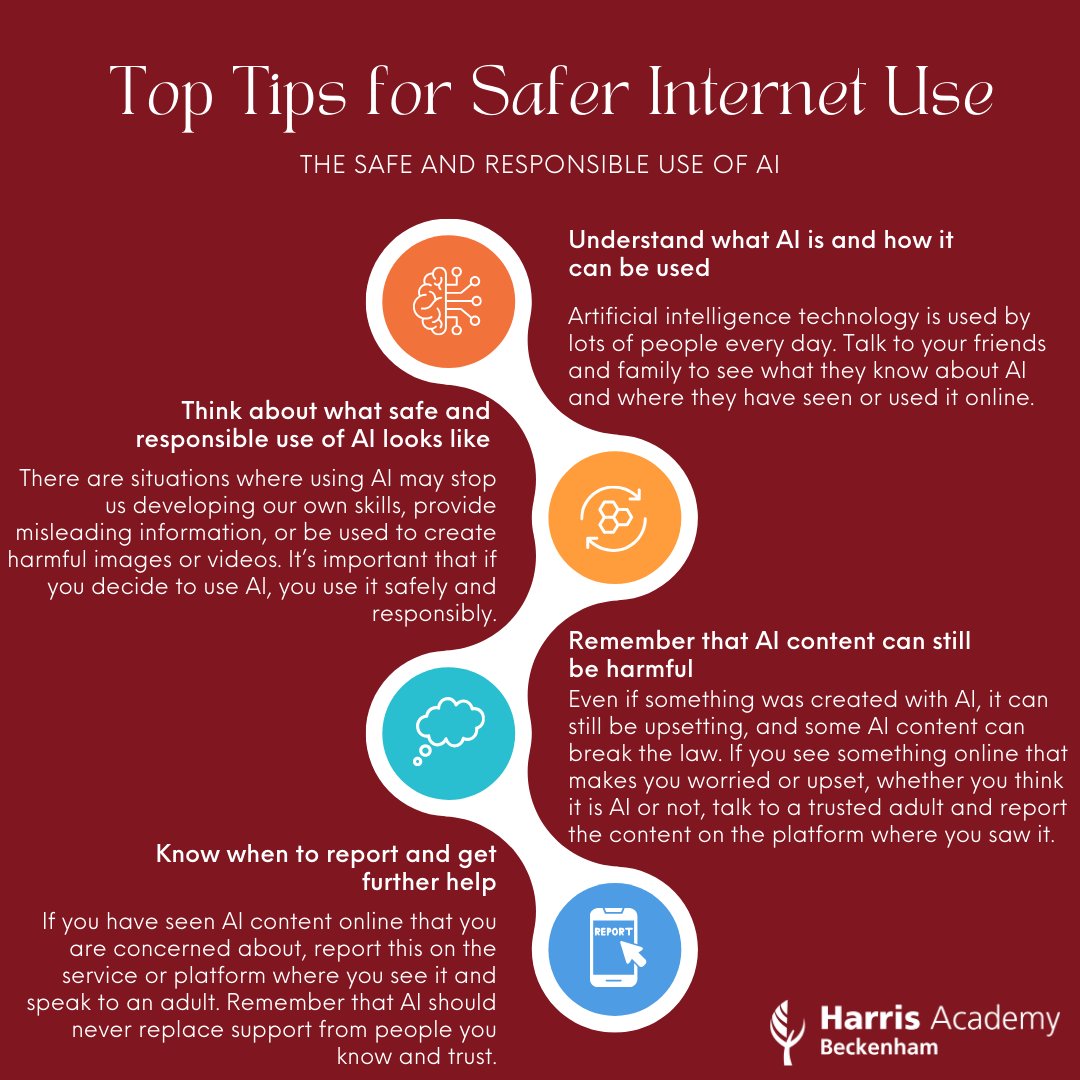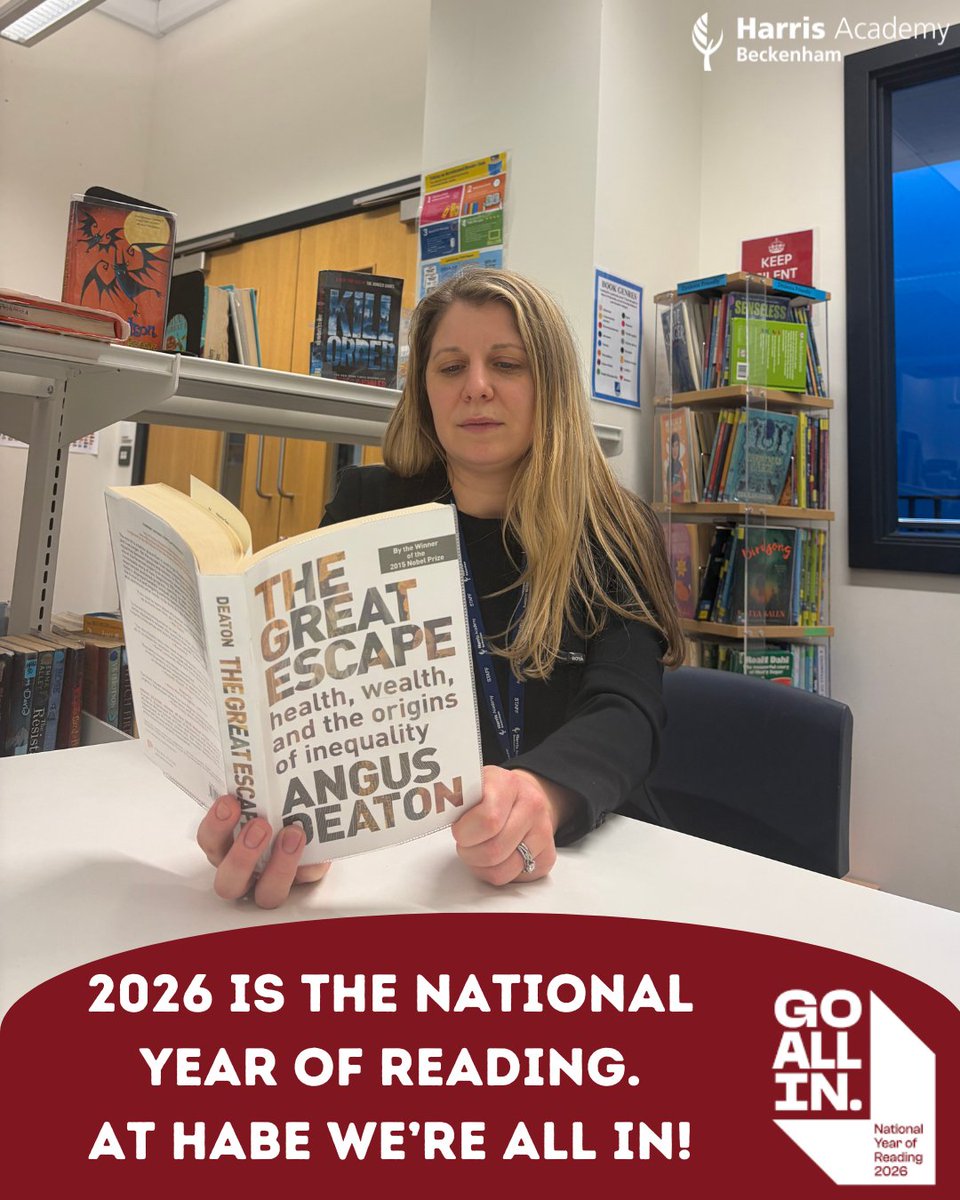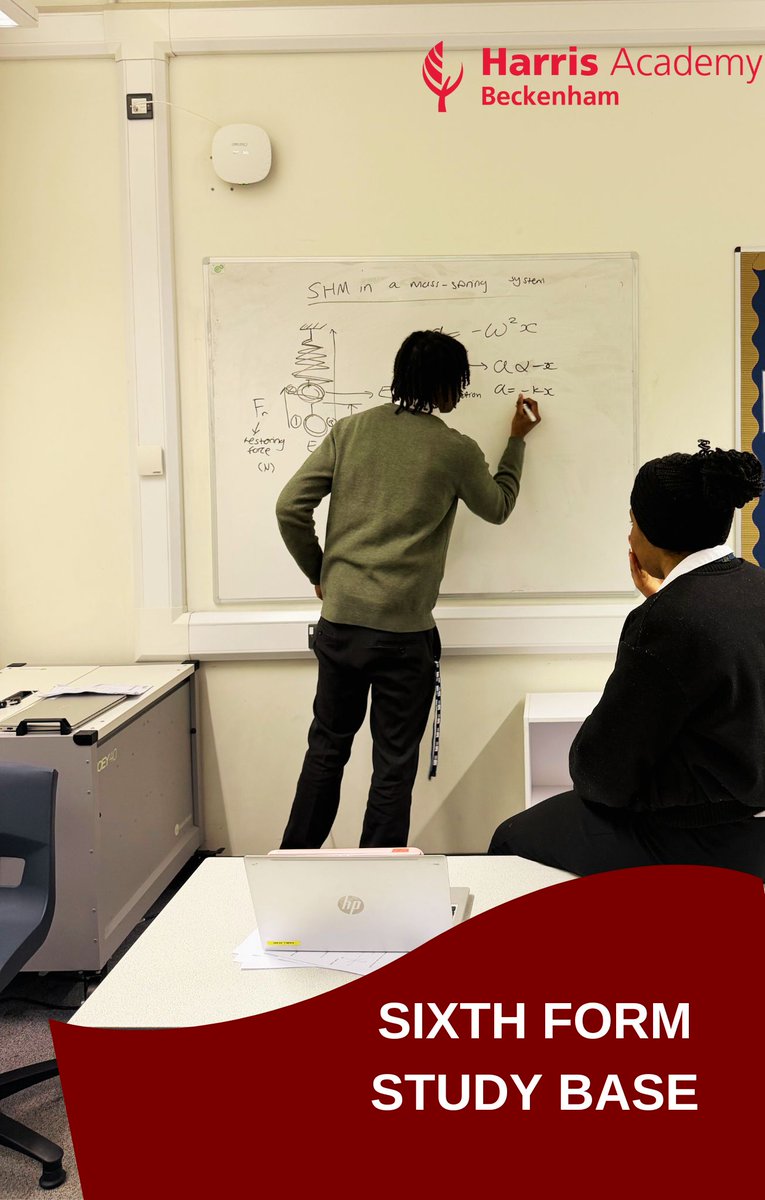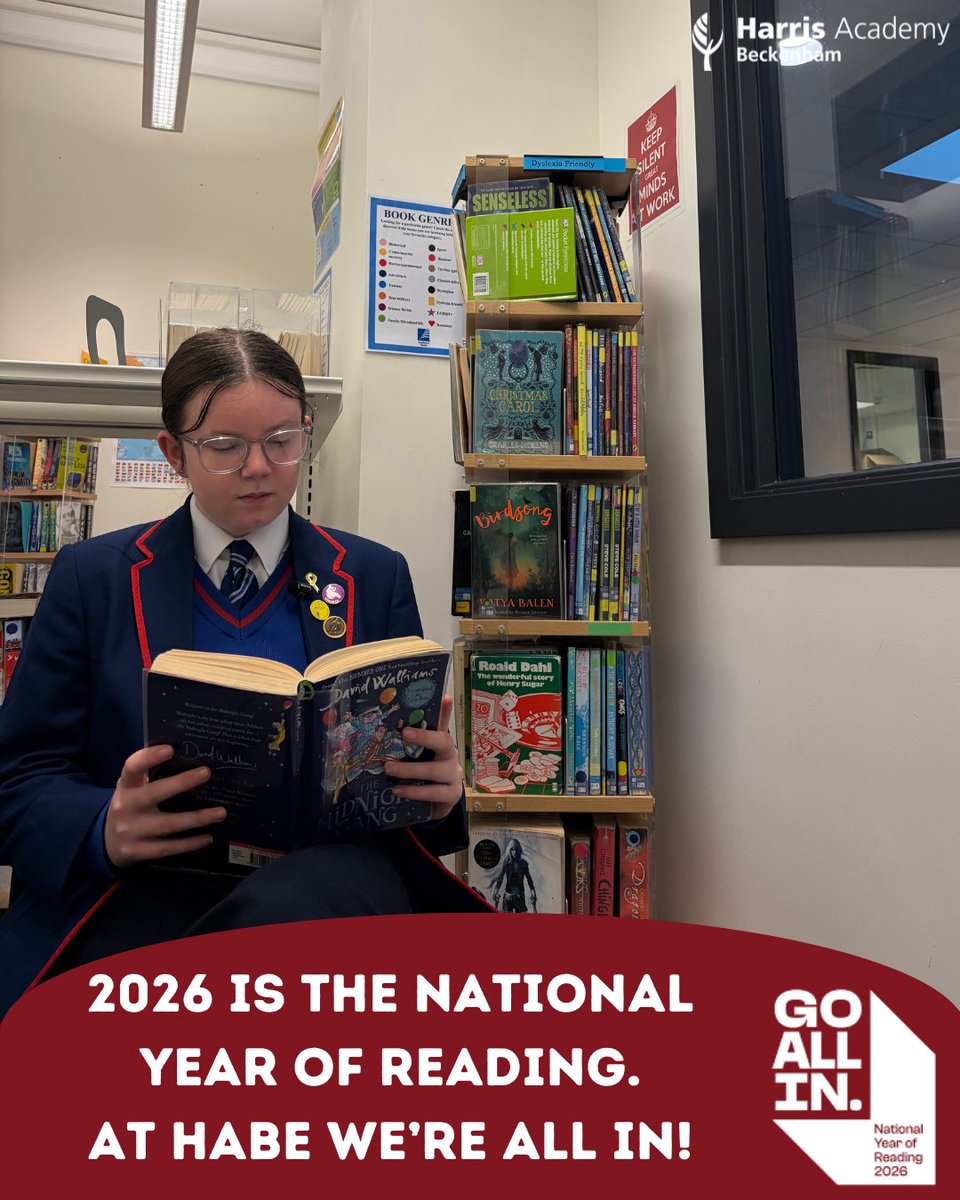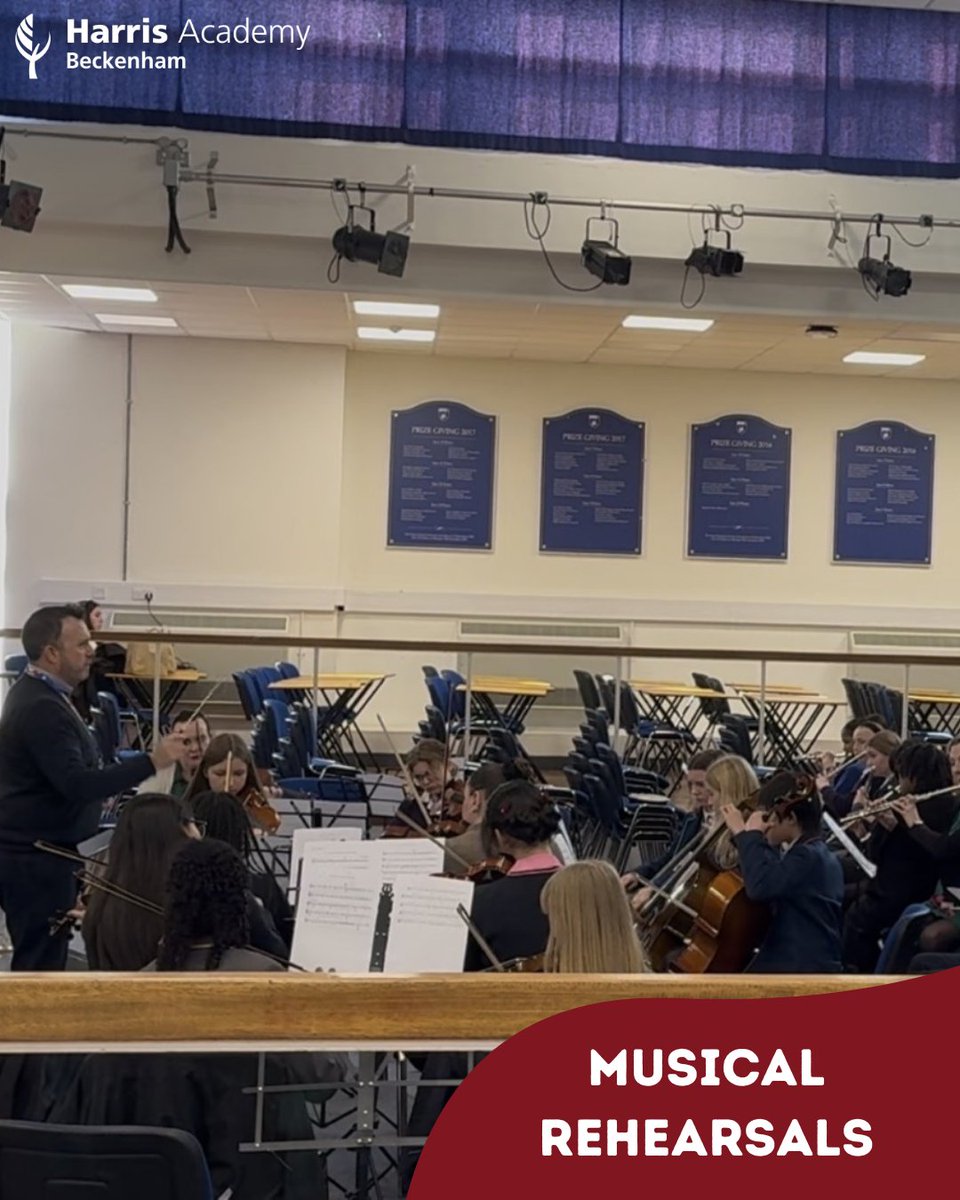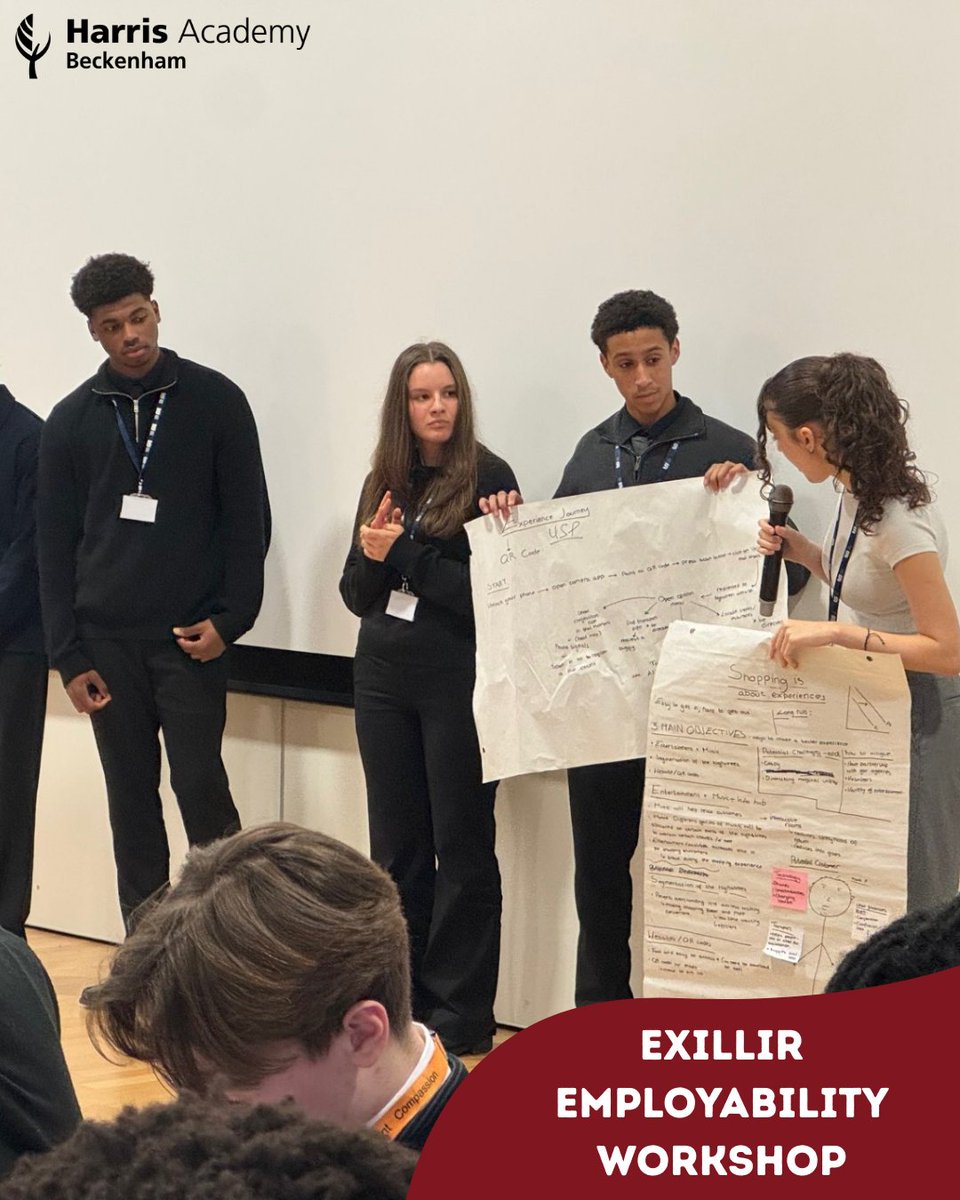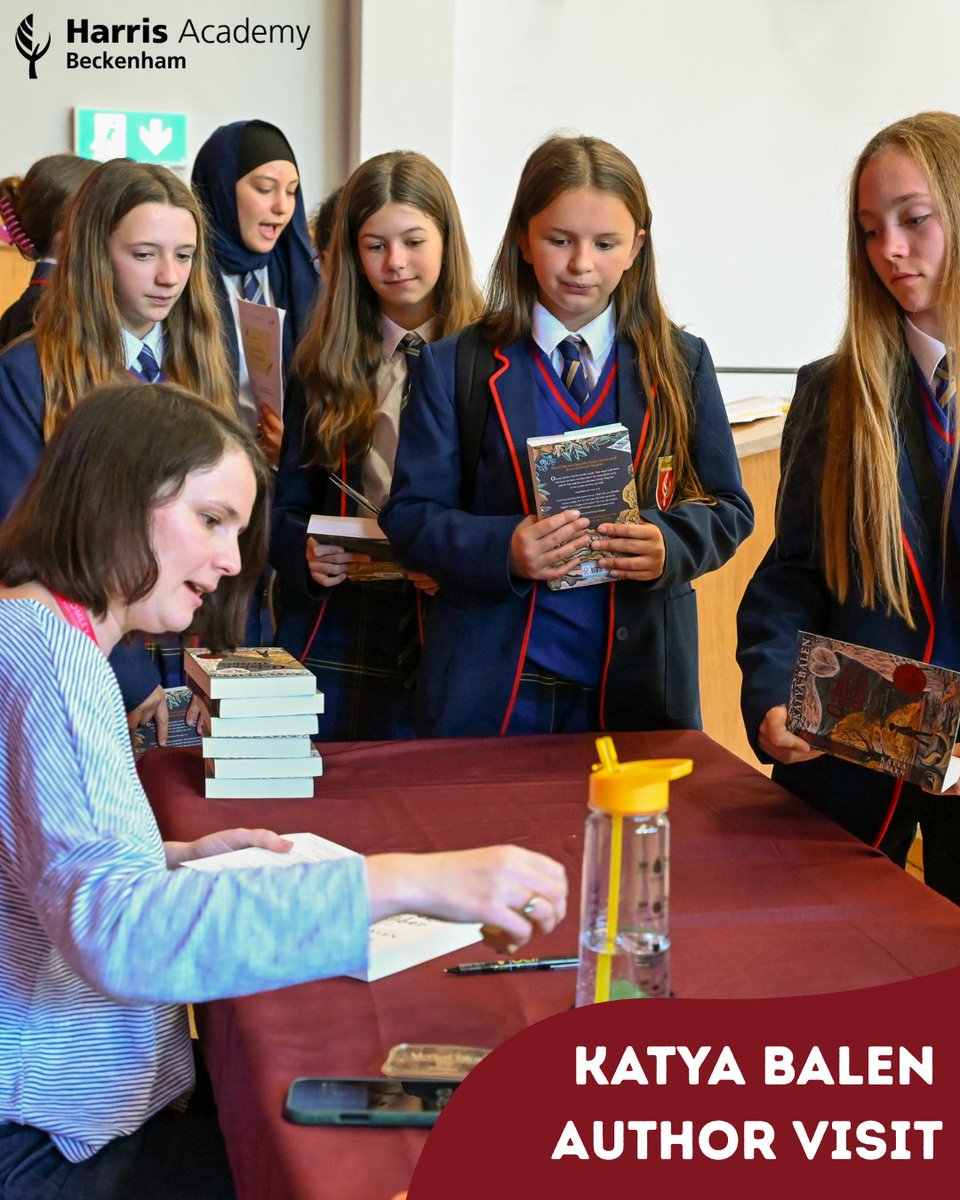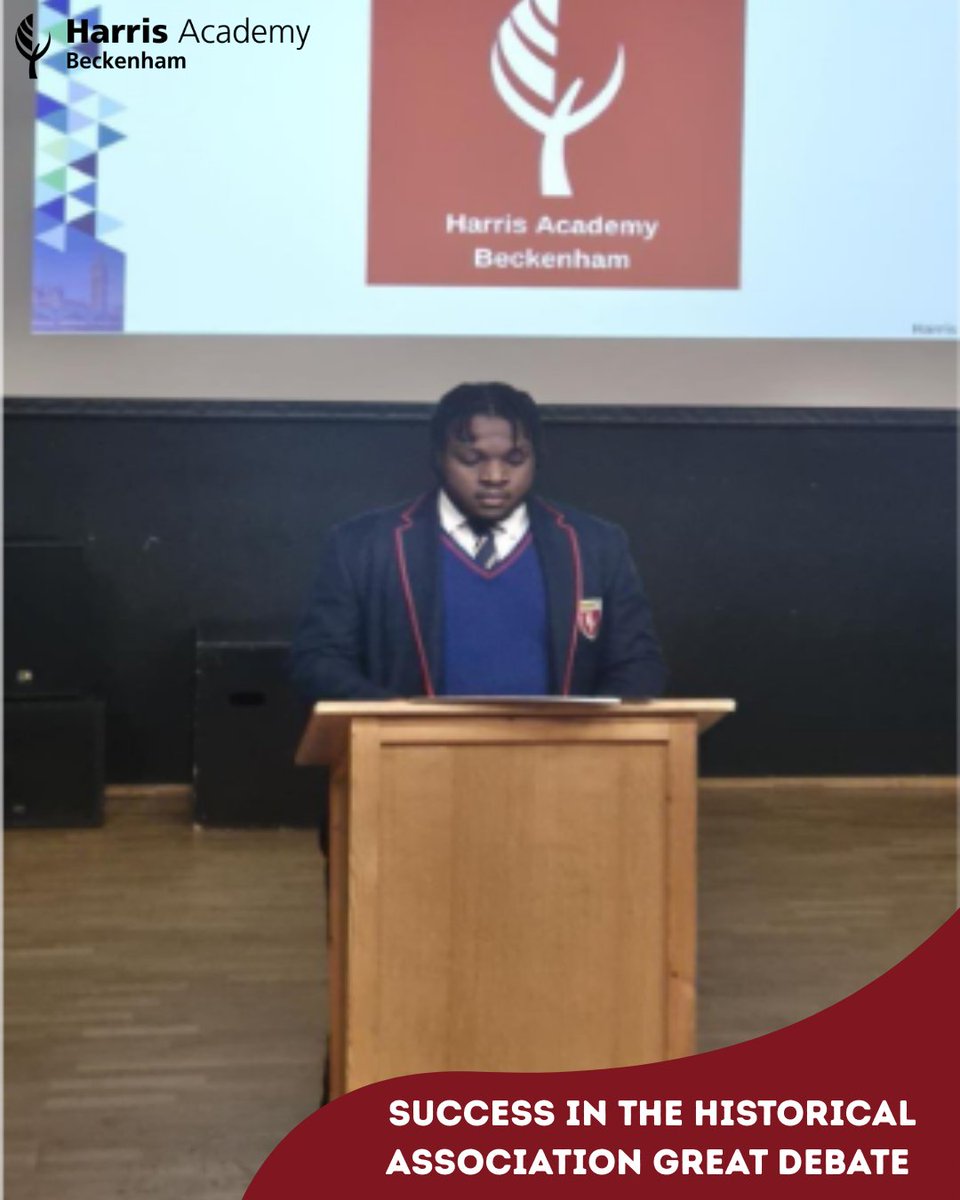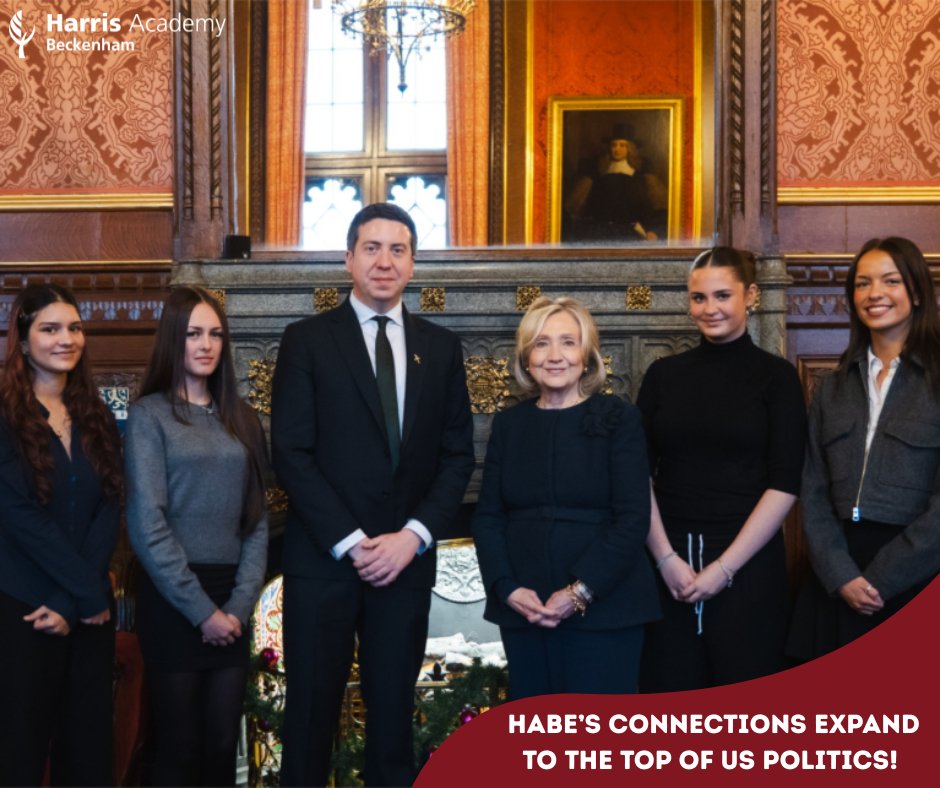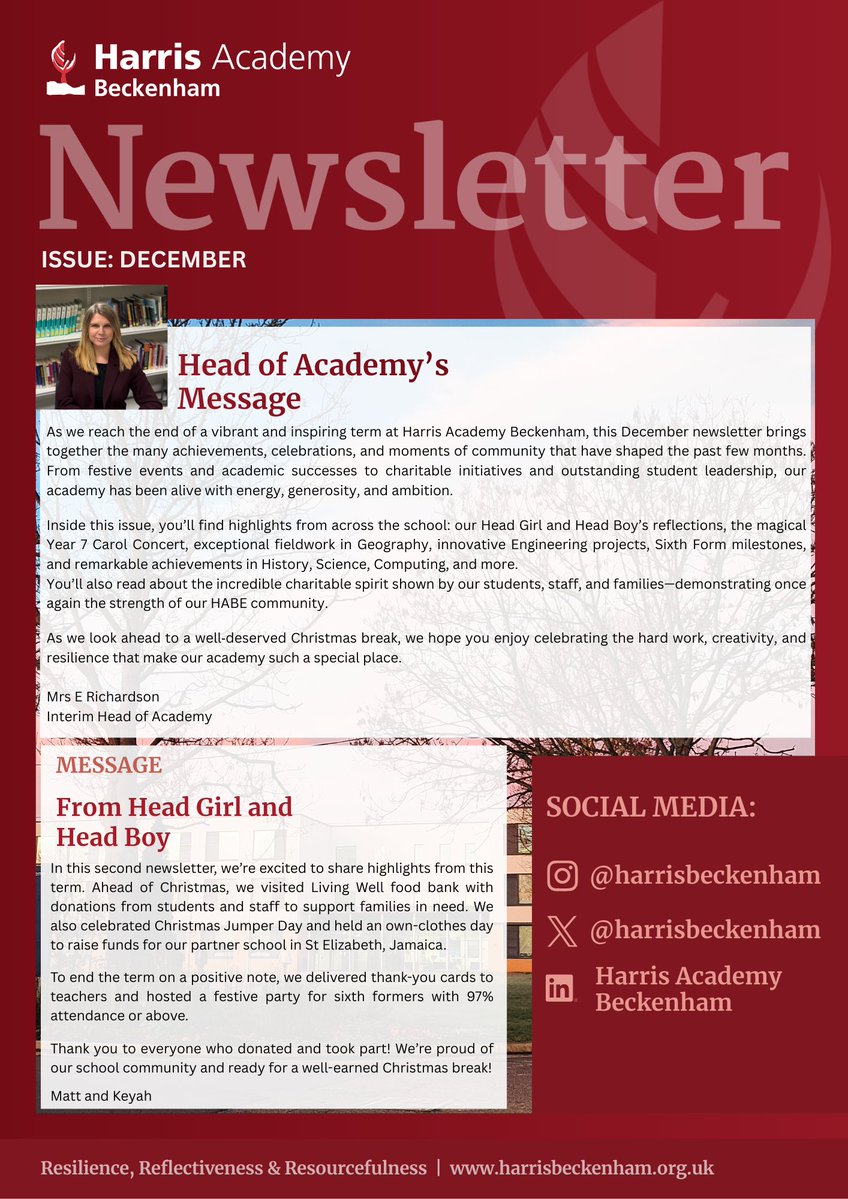How Do We Meet the Requirements of the 16-19 Study Programme?
The government policy on 16–19 study programmes can be found here. It covers academic and vocational study programmes and applies to all providers of 16 to 19 education in England.
Supporting young people to flourish and demonstrate our values is at the heart of our vision. For post 16 education, our sixth-form students benefit from strong support in four key areas: their curriculum, community, careers, work experience, character and culture. Developing each of these strands ensures they have a broad range of experiences and opportunities that prepare them for their next destination as they transition into next university, apprenticeship, or employment.
Study Programme principles
All 16 to 19 study programmes are designed to provide students with a structured and challenging learning programme that supports their development and progression in line with their career plans. The principles of these study programmes are met in full at HABE with student pathways individually tailored to combine the following:
1. Substantial qualifications that stretch students and prepare them for education at the next level or for employment
At Key Stage 5, we offer a broad and aspiring Level 3 curriculum offer consisting of a mixture of A Level and equivalent vocational courses. All students are enrolled on a full-time study programme of at least 580 guided learning hours and choose a minimum of three subjects which they study for two years. These subject choices are based on their prior attainment, interests, and career ambitions. Some high-attaining students are supported to study four subjects. All our qualifications are equivalent to one A Level irrespective of name, apart from the Extended Project Qualification (EPQ) which is an AS Level equivalent and is offered as additional area of study. This curriculum offer reflects our high levels of aspiration for all and gives a wide choice of subjects that support all future career pathways.
2. English and maths, where students have not yet achieved a GCSE grade 4
All Key Stage 5 students who do not hold a GCSE Grade 4 in maths and/or English Language are provided with additional timetabled lessons as part of their study programmes to support their resits in these subjects. They are taught by subject specialists and are entered for official GCSE resit examinations in the November and June exam series as required.
3. Work experience to give students the opportunity to develop their career choices and to apply their skills in real working conditions
All students take part in external Work Experience at the end of Year 12. They are also supported to undertake additional work experience opportunities based on their future career aspirations, for example medical placements for Medicine candidates and virtual placements as appropriate.
4. Other non-qualification activity to develop students’ character, broader skills, attitudes and confidence, and support progression
All Key Stage 5 students follow our weekly Personal Development programme and attend Tutor Time daily as part of their Sixth Form studies. These important non-qualification activities develop oracy, safeguarding, FBV, SMSC and current affairs. All Year 12 students complete the Duke of Edinburgh Award and take part in our Sixth Form extra-curricular enrichment. All students are consistently supported to develop widening aspirations, high levels of literacy and complete super-curricular activities. We provide students with a full careers programme throughout their time in Sixth Form with constant access to an on-site Careers Advisor to support their Post 18 progression. Activities include regular guest speakers, 1-1 guidance, careers fairs, open day attendance, ‘UCAS workshops, careers event in London and beyond. The programme is vast. This holistic personal development programme supports a range of academic and pastoral mentoring programmes and is planned to build students’ educational character. It provides students with a range of knowledge and skills to support them to become active citizens and confident young adults who are ready to move on to the next stage in their lives, whether that be employment, training, or higher/further education.

